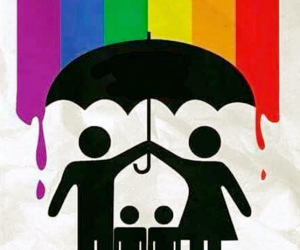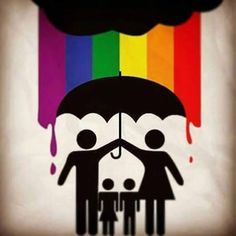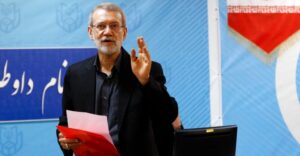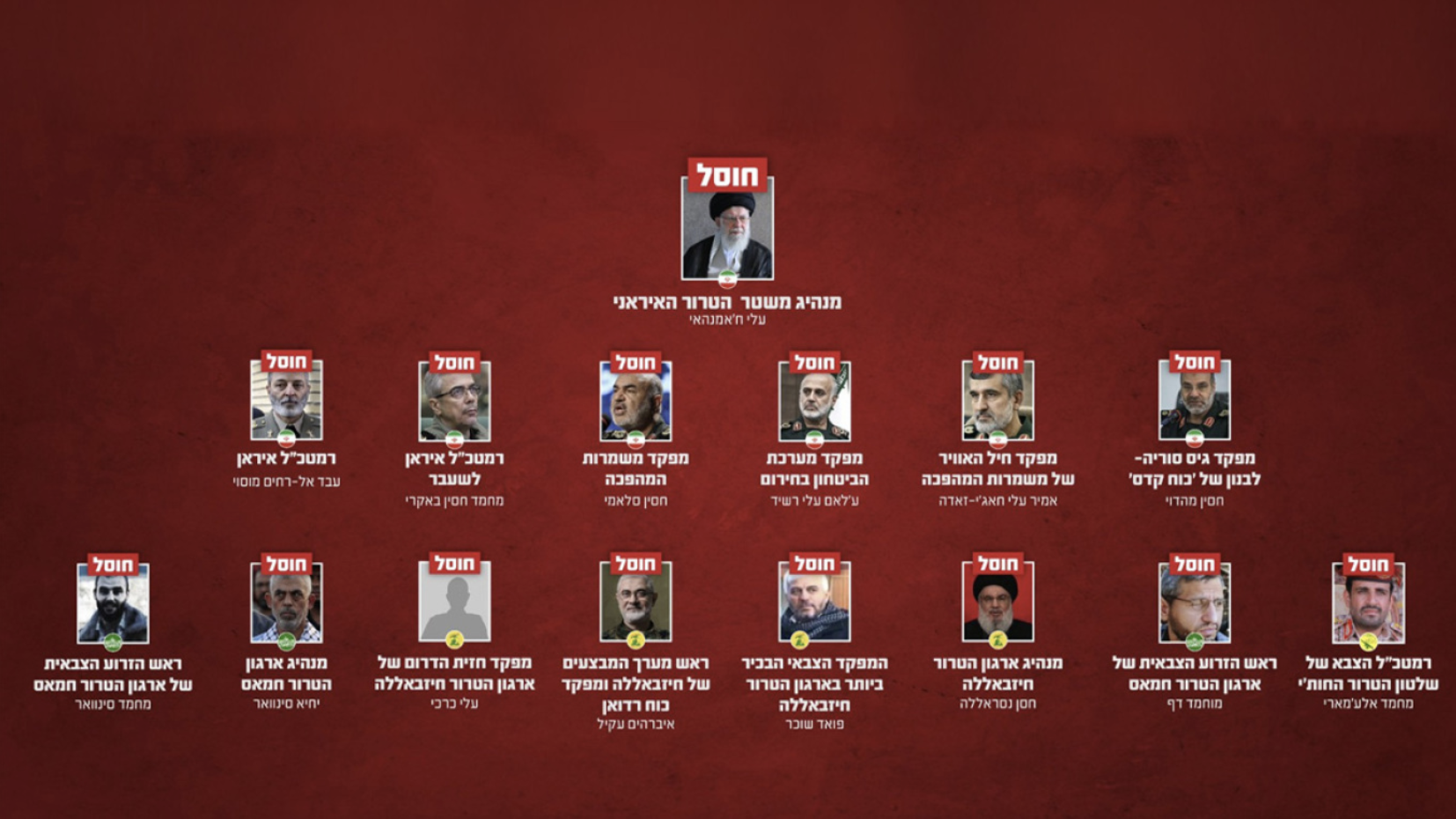Northern Ireland’s refusal to recognise same-sex marriage does not violate the rights of couples affected, the Belfast High Court ruled on Thursday (17 August), in a blow to campaigners in the only part of the United Kingdom that bans gay marriage.
The case was brought by three same-sex couples, backed by campaigners who are trying to pressure the region’s largest party, the socially conservative Democratic Unionist Party (DUP), to reverse its veto on same-sex marriage.
The judge, Justice O’Hara, said the refusal to allow same- sex marriages in Northern Ireland was not a contravention of human rights “because that right does not exist.”
O’Hara said it was up to Northern Ireland’s devolved government to decide on the issue and that a ban on gay marriage did not violate international human rights standards.
He said the European Court of Human Rights had ruled that the right to gay marriage was not a right under the European Convention on Human Rights.
“It is not difficult to understand how gay men and lesbians, who have suffered discrimination, rejection and exclusion, feel so strongly about the maintenance in Northern Ireland of the barrier to same sex marriage,” he said.
“However, the judgement which I have to reach is not based on social policy but on law.”
The ruling applied to two cases, the first brought by the first female couple and first male couple to have their civil partnership recognised in Northern Ireland: Shannon Sickles and Grainne Close and Christopher and Henry Flanagan-Kane.
In a second case – known as Petition X – a male couple that married in England in 2014 was challenging the downgrading of their relationship to a civil partnership when they moved to Northern Ireland.
The DUP, whose 10 seats in the British parliament prop up the government of Prime Minister Theresa May, have repeatedly vetoed gay marriage despite opinion polls that indicate it is supported by a significant majority in Northern Ireland.
Earlier this month Irish Prime Minister Leo Varadkar visited a gay rights event in Belfast and said the legalisation of same-sex marriage in Northern Ireland was just a matter of time.
The couples did not speak to the media after the ruling, but Gavin Boyd of gay rights group The Rainbow Project said they were disappointed and would consider whether to appeal.
“This is now a matter for the politicians, the [Northern Ireland] Assembly or Theresa May,” Boyd said.
Ask me anything
Explore related questions






